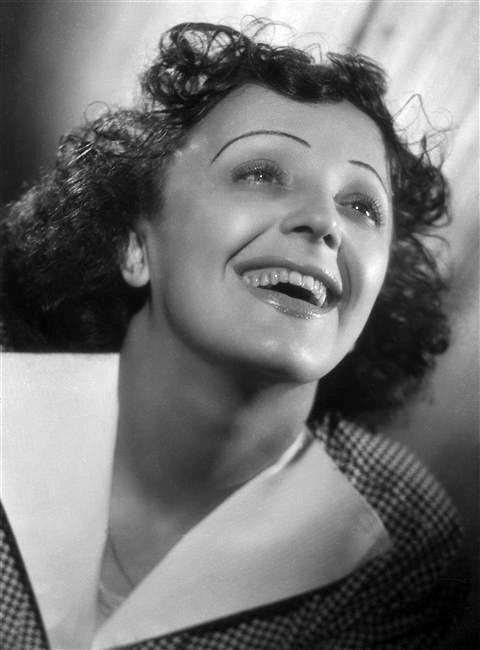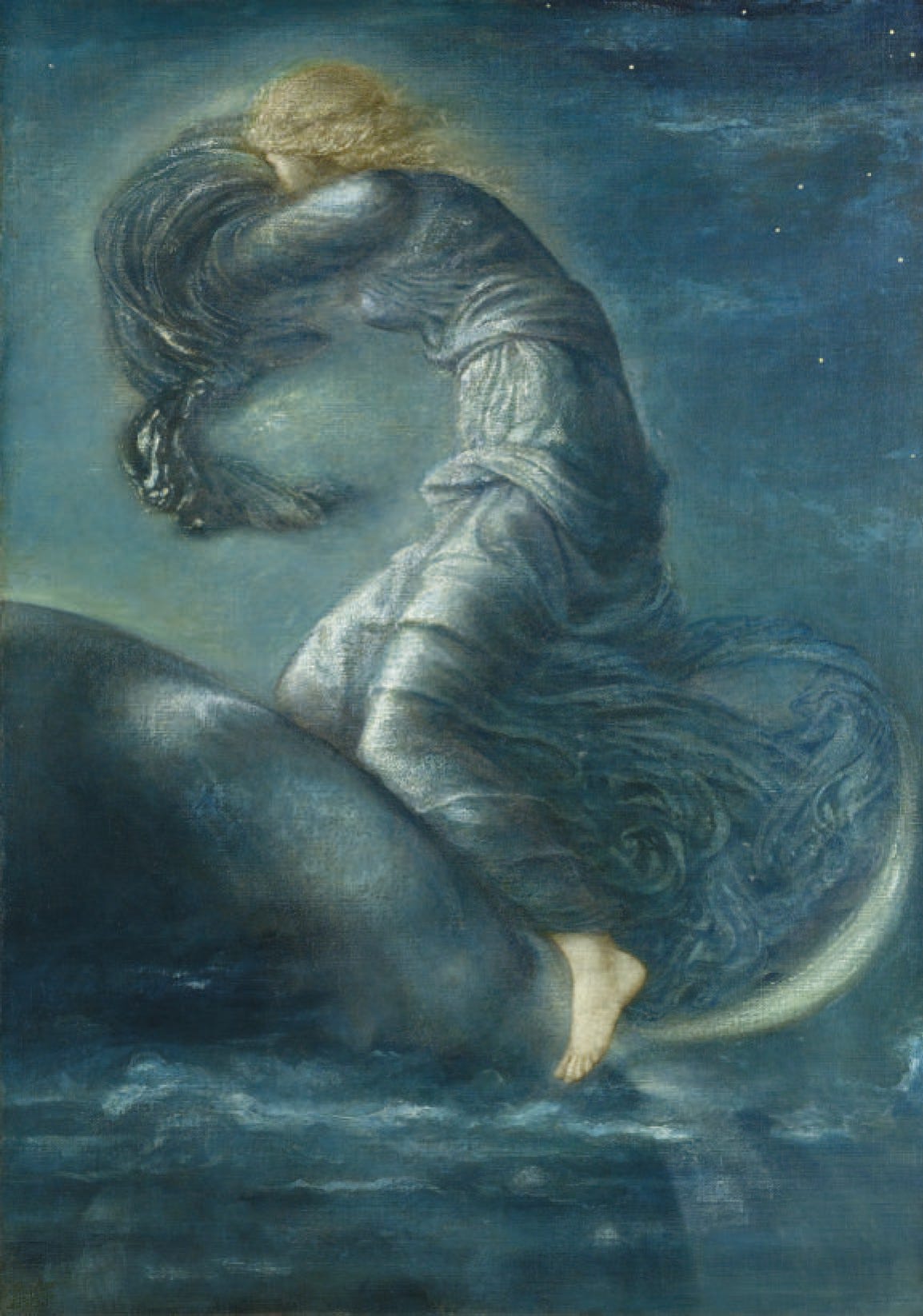Postcard is a weekly curation of things I think are beautiful or interesting. Each postcard will be named after a word and contain something to look at, something to listen to, and something to think about. As this is something new I’m trying, I welcome you to share any thoughts in the comments. Thank you!
Postcard: Saturnine
saturnine (adj. & n.):
Of appearance or demeanour: forbidding, stern, dark.
Of a place, event, etc.: gloomy, dreary, melancholy.
In regard to a person's temperament, mood, or manner: gloomy, melancholy, dejected, downcast, grim; not easily enlivened, enthused, or cheered.
Astrology. Relating to or affected by the supposed influence of the planet Saturn; esp. born under the influence of Saturn.
†Meanings from the Oxford English Dictionary (OED)
Something to look at:
Something to listen to:
Katherine Cordova is a self-taught pianist from Winnipeg, Canada who puts together truly extraordinary arrangements of (mostly) contemporary songs. More than any other artist I’ve ever stumbled upon, her piano covers capture the full voice of the source material, simultaneously preserving the original spirit of the song while remixing it into something new and beautiful. Her ability to translate multiple instruments into solo piano arrangements is unparalleled. I highly recommend checking her catalog and seeing if she has a cover of any of your favorite songs.
Something to think about:
The original Non, je ne regrette rien (“No, I regret nothing”) was sung by Édith Piaf, an icon of 20th century France. Édith’s life was fascinating, old-world and intense. Her father was an acrobatic street performer. Her mother was a “Madam” who ran a brothel and left her at birth. Life is full of echoes and this one would make Freud smile: Édith’s grandmother—from her father’s side—also ran a brothel herself. When Édith’s father enlisted in the French army in 1916 to fight in World War I, he took young Édith to… his mother’s brothel in Normandy, where she was raised by her grandmother and a bordello’s worth of prostitutes. From the age of three to seven, Édith was blind; she recovered her vision after undergoing a pilgrimage in honor of Saint Thérèse of Lisieux, funded by a group of the aforementioned prostitutes pooling their money together. Édith saw the healing as a miracle and remained devout in her faith to St. Thérèse throughout her entire life.
Édith began performing musically at a young age. At 17 she gave birth to a daughter, who died of meningitis at the age of 2. A footnote from a different era, one where Death drank more greedily from the well of humanity and almost 13% of children in France did not live past the age of one. These statistics always put into perspective for me just how much more dangerous creating life was for our ancestors. We owe them a debt for their bravery and sacrifices, one which can only be repaid through our own bravery in life, our own sacrifices for future generations.
Édith, perhaps already an old soul due to the suffering she had experienced and perhaps more deeply connected to the medium of sound due to her childhood blindness, began to sing. And, as it turned out, she was incredibly good at it.
Her musical career led her to fame, success, fortune, and scandal: the nightclub owner who “discovered” Édith and promoted her into stardom was murdered by mobsters (allegedly with ties to her; she was accused as an accessory but acquitted). The flame of her candle burned bright and intense, hungering for the experiences of life as if they were oxygen. She had affairs. She drank heavily. She was in not one, not two, but three near-fatal car crashes, the first of which led to a morphine dependency after it was prescribed to her. She checked into detox clinics on at least three occasions.
I think a lot about pain and the places it leads us to in life, both through avoidance and out of our curious instincts towards self-annihilation. Édith once said, “I'd like to see one person - just one - who would own up to having been a coward.” I am once again compelled to use the words “a different era,” as these days it seems like you are more likely to find someone willing to admit to cowardice than bravery. Have we become afraid to be virtuous? Or even worse, afraid to be seen as virtuous? What does that say about our culture?
The relationship between pain and cowardice is twisted and self-reinforcing: the shame and fear caused by avoiding pain is often greater than the pain itself would have been. But failures of courage tend to linger, haunting the spirit. My own attempts in life to avoid pain and discomfort have led me to act cowardly. I wonder what it means to “own up to having been a coward” - is simply admitting it enough, or does one have to spill the beans, really dig into the details? I find myself thinking deeper about this, wondering whether public self-flagellation is a form of narcissism (or masturbation) and not finding a satisfying answer in either direction. I see this as a clue that the frame of my questions here is fundamentally wrong: the truth lies elsewhere, obscured, requiring a shift in perspective to be revealed.
Édith first sang Non, je ne regrette rien in 1961. The song begins, "No, nothing at all… No, I regret nothing.” I find her expression of this idea to be achingly beautiful. It is impossible to live a life of no regrets without first surrendering to one’s imperfections. Like all things worth doing, this is easier said than done and like all things worth doing, the reward justifies the effort. Remember that nightclub owner who was murdered earlier, by the way? He’s the one who gave Édith her nickname, “The Little Sparrow,” because of her tiny 4’10” stature. All I can say is, one must never confuse one’s height for one’s size.
Two years later, at the age of 47, Édith fell into a coma caused by liver cancer. She spent her final months slipping in and out of consciousness while her husband and a dear friend nursed her to the best of their ability at her villa on the French Riviera.
On October 10, 1963 in Grasse, France, Édith Piaf died. Her last words were:
"Every damn thing you do in this life, you have to pay for."





